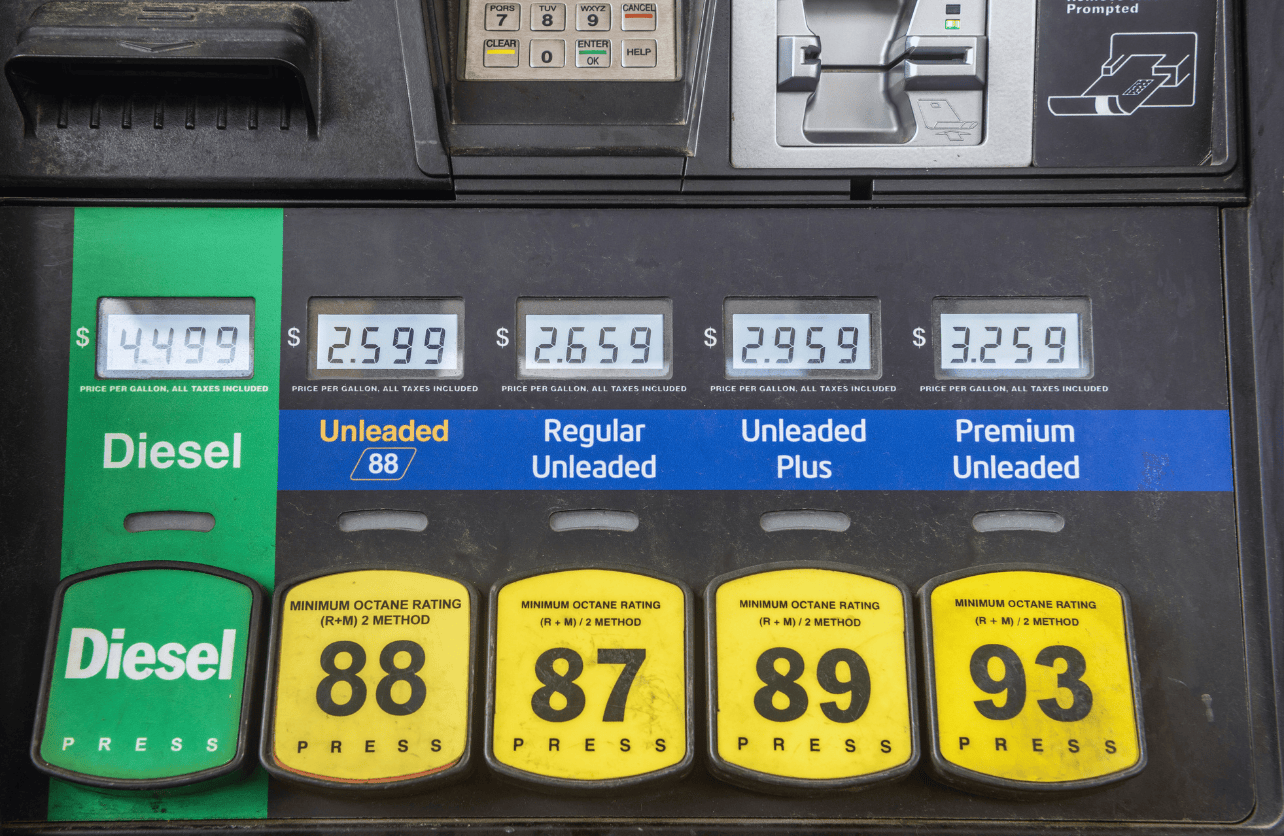Will Unleaded 88 Damage My Car?

When pulling up to the gas pump, you might notice a newer option labeled Unleaded 88, also known as E15 gasoline. Containing 15% ethanol and 85% gasoline, this fuel blend is marketed as a cleaner-burning and often more affordable option. But is it safe for your car? The answer depends on your vehicle’s make, model year, and fuel compatibility.
What is Unleaded 88?
Unleaded 88 is a higher-ethanol fuel blend. Ethanol, derived from corn and other plant materials, is a renewable resource that reduces greenhouse gas emissions. With 5% more ethanol than the standard E10 gasoline, Unleaded 88 offers environmental benefits while helping lower fuel costs.
Compatibility with Vehicles
Vehicles Manufactured After 2001
The EPA approves Unleaded 88 for use in vehicles made in 2001 or later, including most cars, SUVs, and light trucks. These vehicles are equipped with modern engine systems designed to handle higher ethanol blends without adverse effects.
Vehicles Manufactured Before 2001
Older vehicles, however, lack the technology to efficiently process fuels with higher ethanol content. Using Unleaded 88 in such models can lead to engine performance issues, such as knocking or damage to fuel system components.
Checking Your Owner’s Manual
The best way to confirm compatibility is by consulting your vehicle’s owner’s manual. Manufacturers often specify a maximum ethanol content for their vehicles. Ignoring these recommendations may void warranties or cause long-term damage.
Performance Considerations
Fuel Economy
Ethanol contains less energy than pure gasoline, so vehicles running on Unleaded 88 may experience slightly reduced fuel efficiency. The difference is usually minor, around 1–2%, and may go unnoticed in everyday driving.
Engine Performance
Modern cars with advanced fuel management systems adjust seamlessly to Unleaded 88, maintaining efficient engine performance. However, older or incompatible vehicles may suffer from reduced power output or other engine-related issues.
Environmental Benefits
Unleaded 88 contributes to a lower carbon footprint, as ethanol is a cleaner-burning fuel. This can help reduce greenhouse gas emissions, making it an eco-friendlier choice for those driving compatible vehicles.
Why Some Vehicles Can’t Use Unleaded 88
Higher ethanol content can cause certain materials in older fuel systems, such as rubber seals and hoses, to degrade over time. Vehicles not designed for E15 may also experience:
- Corrosion in the fuel system.
- Increased wear on engine components.
- Issues with cold starts in certain climates.
Is Unleaded 88 Right for You?
- Safe Use: If your car was built in 2001 or later and the manual specifies that E15 is acceptable, Unleaded 88 is safe to use.
- When to Avoid: If your vehicle is older or the manual advises against ethanol blends over E10, stick to regular gasoline.
Final Thoughts
Unleaded 88 offers cost savings and environmental benefits, but it’s not suitable for every car. For vehicles manufactured after 2001, this fuel blend provides a reliable and affordable option. However, always check your owner’s manual to ensure compatibility and avoid potential engine issues. When in doubt, consult a mechanic or your vehicle’s manufacturer to make the best choice for your ride.